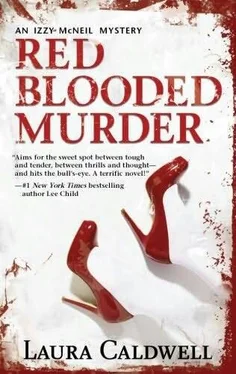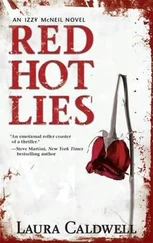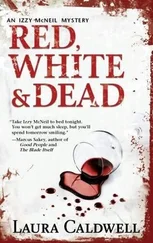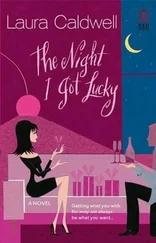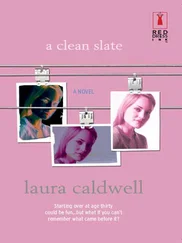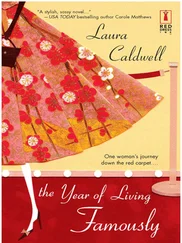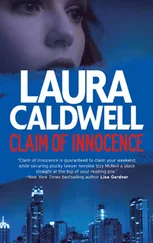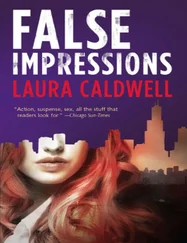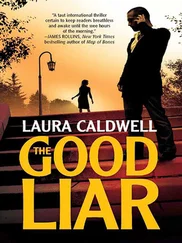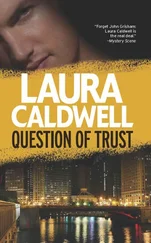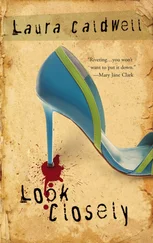“It’s not slander or libel if it’s true. You’re a lawyer, you should know that.”
“No, it’s still slander and libel. It’s just that you have a defense to it if it’s true. As a lawyer, I’ll tell you that you’d also have a defense because of the fact that Jane is dead. But as a human being I’m asking you not to use those defenses.”
“Are you saying I’m inhumane?” He seemed to find this funny.
“Look, you clearly have daddy issues, and I can see why…”
Apparently, that comment was not so funny. His eyes narrowed, jaw muscles tensed.
“Look,” I pointed at him. “You’re getting pissed. I don’t even know why, and really I don’t care. I mean, I know it’s about your dad, and I’m guessing you’re annoyed because I don’t know the whole story. I just read something and now I’m spouting it back. And that’s exactly what you’re doing to Jane if you write this stuff about her or let it get out. Two wrongs don’t make a right, Mick. Don’t turn around and do to Jane what was done to your family.”
He said nothing.
“And if you did anything to Jane,” I said, “then you should talk about it. You should tell that story.”
His face relaxed. “From what I hear, you’re the one they think should come clean.”
I felt him study me. What was I doing trying to talk this guy, this investigative journalist, out of writing about Jane? He was probably analyzing me right now so he could write about me. I uncrossed my arms. “I should go.”
He said nothing. He was looking at me with some expression I couldn’t read. A curiosity, certainly, but not the salacious curiosity that I would have expected.
I turned and walked down the steps and onto Goethe Street, unsure what to do next.
Traffic whizzed by on LaSalle Street. I heard shouts from Wells Street in the other direction. It was almost Saturday night. I thought about how just over a week ago, I didn’t know I would be a news reporter, an anchor, a suspect. Now my skin tingled with a weird kind of energy, my body twitched with a premonitory buzz. And a question occurred to me-if it had all changed so much in only one week, what could happen next?
T he media were outside my condo when I got home, and they were still camped out when I left for the store Sunday morning. Jittery from a night of little sleep, I stopped and took a breath before I pushed open the front door of my condo building.
If Sam was back in Chicago, he hadn’t called the night before to let me know, and some combination of pride and caution made me not call him. I wasn’t sure what I would say. I wasn’t sure what I wanted to happen. I wasn’t sure how I felt about him right now, or, maybe more importantly, how he felt about me, about us. The lingering uncertainty from the last few months had only increased, not gone away as I’d hoped. And so, last night, I had lain in my bed, thinking of Sam, thinking of Grady, thinking of Theo, and most of all thinking of the fact that earlier this week I had all of them, and now, for one reason or another, they were gone.
That was fine, really. Honestly, I’m not the kind of girl who needs someone-a guy or a friend or a family member-around all the time. I like being with myself. But the rapidity with which people had come and gone from my life lately was freaking me out. Not just Sam, Grady and Theo, but Jane, and the people at Trial TV, too, and Forester, and everyone at my old law firm of Baltimore & Brown.
When I stepped outside my building, the reporters and cameramen leapt into action, shoving microphones, yelling questions. One cameraman pulled his face from behind the lens and smiled sheepishly at me.
“Ricky?” I said. It was the guy who’d worked the equipment in the van on my first day at Trial TV.
“Hey,” he said simply, then went back to filming me.
They surrounded me like a swarm of bees, following me as I hurried to the garage.
Suddenly, I heard a thump, thump behind me, then shouting. “Get away from her. You leave her alone! Now!”
I swirled around. Then I couldn’t help it. I burst out laughing. “Bunny?”
Bunny Loveland was the housekeeper my mother hired when we first moved to Chicago following my dad’s death. With her once-a-week beauty-shop hair that lay in rounded, gray rows, she looked the part of a kind grandmother, which was probably what my mother was hoping for. But Bunny turned out to be a cranky, fairly mean-spirited person who cracked a smile only when she saw a Polish sausage from Vienna Beef. And yet, she was honest as hell. She became my go-to person whenever I needed a swift slap in the face.
Except that now, she was trying to slap a reporter. “Go home!” she shouted, elbowing another reporter, then cracking yet another over the head with a faux-leather purse.
“Bunny?” I said again, louder this time.
She paused from her beating and looked at me. “I’m trying to help ya, kid. Now get out of here!”
She swung the purse in an arc, hitting a camera with surprising force. Meanwhile, I yelled thanks and took off in a sprint for the garage.
I thought about taking Grady’s car, but I realized that the reporters would follow me, and even if Bunny could keep a few of them back, I had no idea how to lose the others behind the wheel of a big automobile.
I got on my Vespa and secured my helmet, tightening the chin strap to the point where it was almost cutting into my skin. I opened the garage door and sped forward, nearly hitting one of the cameramen. I saw Ricky behind him. Bunny was still dueling with a few reporters.
“Sorry!” I called to Ricky over my shoulder and pulled back hard on the gas, lurching over the cobblestones.
Two cars and a van were sitting at the end of the alley, cameramen hanging from the windows. I was about to turn onto a main street when I realized that the alleys might be the best way to shake them. I crisscrossed from alley to alley, darting glances over my shoulder at the news people doggedly trailing me, the Vespa shaking and bumping from the cobblestones. One of the alleys was ultranarrow, and the van behind me had to stop. The cars kept up with me, though, and their hulking presence began to get scary.
“Son of a motherless goat,” I muttered, my new replacement attempt for “son of a bitch.” I would have to try something different.
I got onto Sheffield and floored the scooter. Every time there was a left-turn lane, I got in it, shot ahead of the cars going straight and then veered back into the main lane, leaving behind a trail of honks and bleats. I could see one of the news cars, about six cars behind me now, but still keeping up with me.
I steered the scooter into another alley. Two SUVs were parked behind an apartment building. I drove the scooter between them and stopped at the back of the largest SUV, hoping it would obscure the Vespa from the alley. I jumped off and crouched down. I hadn’t been doing anything physical, but my heart was racing. The feeling of being chased was not one I enjoyed.
Five seconds later, the car with the cameraman turned into the alley. And blew right by me. I dropped my head and sucked in the dirty, exhaust-filled air from the alley, grateful for it, before I got back on my scooter and steered it toward the Fig Leaf.
My alley adventure made me late. I didn’t even have time to look for Mayburn’s van as I ran in.
Josie glared at me. Was it because she’d seen me on TV? My heart started tripping around again.
She looked pointedly at her watch.
“I’m really sorry I’m late,” I said to Josie, “I-”
She drew her finger and thumb across her mouth, as if to say, Zip it, and pointed at the back room. “Five boxes of stock. Go.”
So she hadn’t seen me on TV. Thank God. And I needed to be in the stockroom anyway, near those black thongs. The problem was-how to get Josie’s keys and get into that locked box, high on the shelf? Josie either kept the keys on her or left them near the register at the front desk.
Читать дальше
Конец ознакомительного отрывка
Купить книгу
